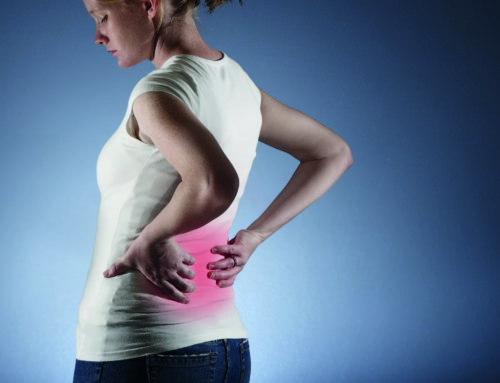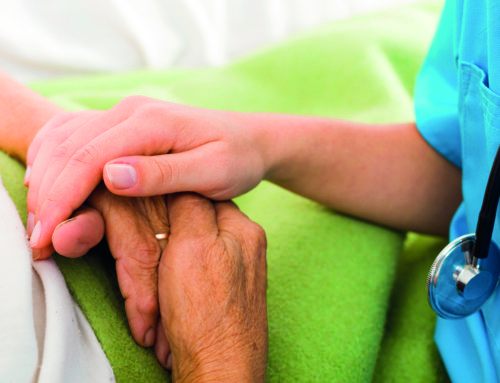Cannabidiol is undoubtedly at the centre of increasing medical research right now – but what benefits does it boast for your patients? SPR examines the product’s exciting paths of potential, and just why it’s reaching new heights of popularity.
Under the Spotlight
Saving you the hassle of scouring the different streams of CBD- focussed information, SPR rounds up the need-to-know details for you to deliver to patients.
What is CBD?
Cannabidiol – or CBD as it is widely termed – is a type of cannabinoid; a chemical found naturally in the cannabis and hemp plants. At least 113 different cannabinoids have been found in hemp. CBD differs from another commonly-known cannabinoid tetrahydrocannabinol (THC) in that it doesn’t induce the ‘high’ typically associated with cannabis use.
The history of CBD as an identifiable compound can be traced back to the 1940s. Now, we see an explosion of scientific interest into CBD with scientific papers being published, and different products being seen in stores.
How does CBD Work?
CBD interacts with the endocannabinoid system (ECS). This is a network of CBD receptors and naturally-occurring chemical messengers, called endocannabinoids, that play a part in the body’s overall health and wellness.
The two main CBD receptors were found to be CB1 receptors, located in the brain and central nervous system, and CB2 receptors found throughout the rest of the body. The naturally-n occurring endocannabinoids interact with the body’s CBD receptors, and it is through this process that the ECS regulates a range of bodily functions.
How Can Individuals Use CBD?
If the individual wants to maintain steady levels of CBD throughout the day, then an oral product could be appropriate, however, the amount of CBD in oral products can vary widely.
The bioavailability of the chosen CBD product also needs to be considered (how much effect they will get based on how much gets absorbed into their bloodstream). It’s also important to know how much CBD they are using – with capsules making it easier to keep track of this process and accurately calculate the dosage and absorption rate.
Exceeding Expectations
As CBD is catapulted further into the arena of public awareness and use, SPR takes a look at new indicators of its potential.
Findings for Psychosis
Research underway at King’s College London has found that a single dose of CBD can play a part in reducing brain function abnormalities seen in people with psychosis. As expected, the brain activity in the participants at risk of psychosis was abnormal compared to the healthy participants. However, among those who had CBD, the abnormal brain activity was less severe than for those who received a placebo, pointing towards the possibility that the product can help re-adjust brain activity to normal levels. The influence of CBD on the three brain regions could underlie its therapeutic effects on psychotic symptoms.
Hot on the heels of the promising results reaped, Dr Bhattacharyya and colleagues at The Institute of Psychiatry, Psychology and Neuroscience set about launching the first large-scale, multi-centre trial to investigate whether CBD can be used to treat young people at high risk of developing psychosis. The trial is supported by a £1.85 million grant from an NIHR and MRC partnership.
‘There is an urgent need for a safe treatment for young people at risk of psychosis,’ commented Dr Bhattacharyya.
‘One of the main advantages of CBD is that it is safe and seems to be very well-tolerated, making it in some ways an ideal treatment. If successful, this trial will provide definitive proof of CBD’s role as an anti-psychotic treatment and pave the way for use in the clinic.’
Advances in Epilepsy
A new large-scale, randomised, controlled trial further showcased the benefits brought on by CBD employment, in which it significantly reduced the number of dangerous seizures in patients with a severe form of epilepsy, called Lennox-Gastaut Syndrome.
In the new study comparing two doses of CBD to a placebo, the researchers reported a 41.9 per cent reduction in ‘drop seizures’ – a type of seizure that results in severe loss of muscle control and balance.
The phase III trial was led by principal investigator and study first co-author, Orrin Devinsky, MD, a Professor of Neurology, Neurosurgery, and Psychiatry at New York University (NYU) School of Medicine, and Director of NYU Langone’s Comprehensive Epilepsy Centre, and was published online in The New England Journal of Medicine.
‘While the news gives hope for a new treatment option to the epilepsy community, more research remains imperative to better determine the effects of CBD and other similar cannabis-derived compounds on other forms of the disease and in more dosing regimens,’ Dr Devinsky explained.
Ask the Expert
Local Practice Pharmacist, Maeve Devlin, who has witnessed the increasing utilisation of CBD across the different facets of the sector, explained, ‘The product market for CBD is growing at a rapid pace and undoubtedly, regulated CBD-containing products have the potential to benefit many patients.’







